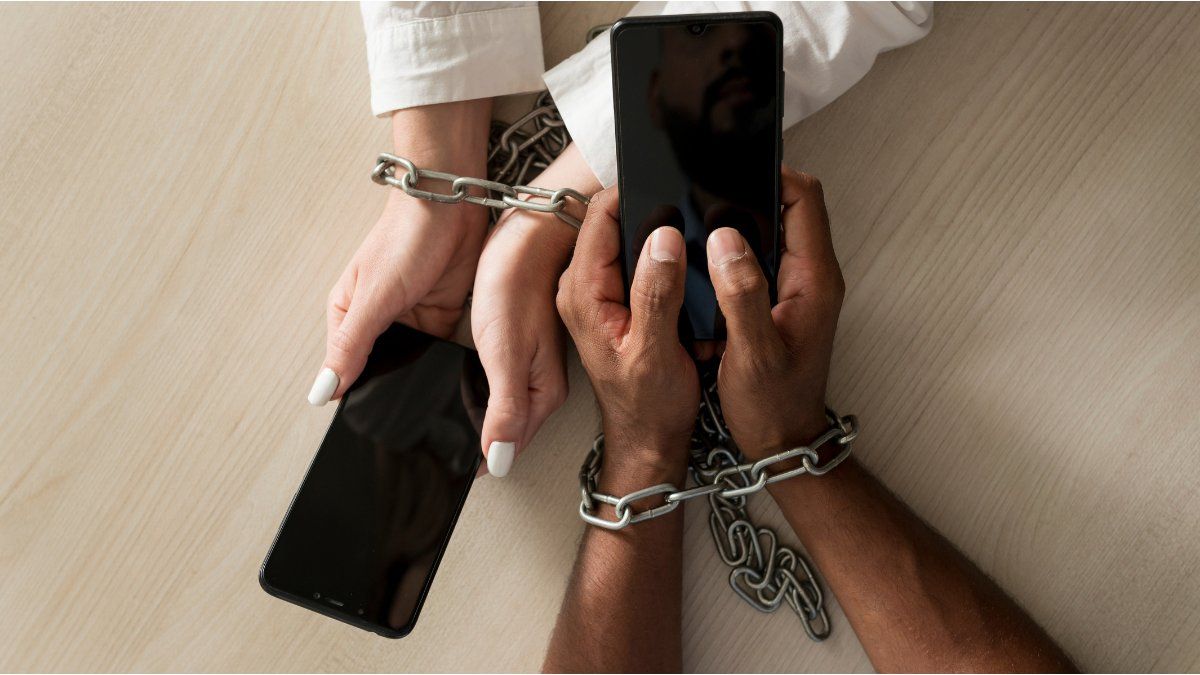In a world crossed by digital consumption, social networks Sometimes they are seen as a refuge or space for distraction. However, they can also become a double-edged sword for mental and brain health in what are known as “reward mechanisms”. There is a way to reverse this. I know how.
The term “brain rot” indicates growing concern about the adverse effects of excessive digital consumption. As explained to National Geographic addiction expert Anna Lembke, Compulsive use of social networks can profoundly alter the brain’s reward mechanisms. But taking a break can make a big difference in our brain health.
A break from social media, although challenging, can be an opportunity for the brain to regain its natural balance. Experts like Lembke affirm that These periods of digital detoxification allow you to “reset” the brain’s reward circuits.
Every use of the networks is a search for dopamine, the “pleasure” chemical. In the form of “likes”, positive comments or pleasant content, these stimuli activate the brain’s reward system. similar to drugs or alcohol.
However, the brain has a limit to process this continuous stimulus. According to Lembke, the dopamine balance mechanism works like a scale: the more time we spend on a rewarding activity, the more the brain tries to counteract it by reducing its production of dopamine or limiting its transmission.
This “dopamine deficiency” can generate a vicious cycle where we need more time on social networks to feel normal, which in the long term can lead us to states of apathy, anxiety and an addiction-like dependency.
Cell phones
A long break allows people to be more present in their daily lives.
freepik
While it may seem difficult, there is evidence that small breaks have notable benefits. “When we pause this social media-induced dopamine cycle, we allow the brain to reset its reward pathways,” Lembke explained.
Additionally, a prolonged break—ideally at least four weeks—may be even more effective in restoring neurochemical balance and helping people feel more present in their daily lives.
The challenge of the first days
For many, the biggest challenge of a digital detox These are the first days. The transition can cause withdrawal symptoms such as anxiety, irritability and even cravings for checking the phone. According to Sarah Woodruff, co-author of a study on the effects of a social media break, this initial period is temporary. “The brain needs time to adapt to lower dopamine levels”says Lembke.
However, upon persisting, users often find that the process is easier than expected. In the study led by Woodruff, participants reported that after a week, the detox became more manageable and that they even began to enjoy it.
Once the detox is complete, avoiding relapse into excessive use is crucial, which is why Experts recommend creating physical and mental limits on impulsive access to social networks. For example, keeping your phone out of the room at night or turning off notifications.
Another key strategy is replace quick stimuli with more rewarding activitiessuch as learning an instrument, exercising or cooking. “When we engage in activities that require our attention, the brain releases dopamine in a more balanced and sustainable way,” says Lembke.
In addition, regular breaks are recommended throughout the year. “We can’t completely eliminate social media from our lives,” says Woodruff, “but pausing it periodically can help us reflect on how we use it and how it makes us feel.”
The effect of social media on our brain can be profound, but so is the ability to regain control. a break can usher in a healthier relationship with the digital world.
Source: Ambito
David William is a talented author who has made a name for himself in the world of writing. He is a professional author who writes on a wide range of topics, from general interest to opinion news. David is currently working as a writer at 24 hours worlds where he brings his unique perspective and in-depth research to his articles, making them both informative and engaging.




